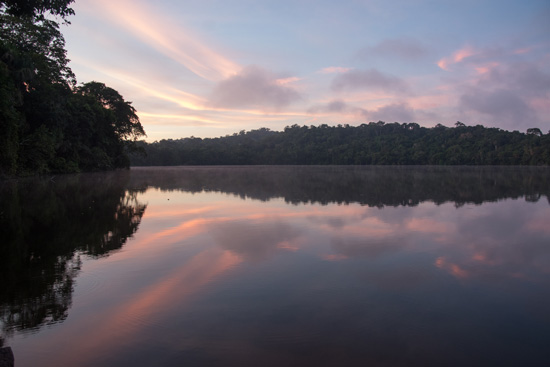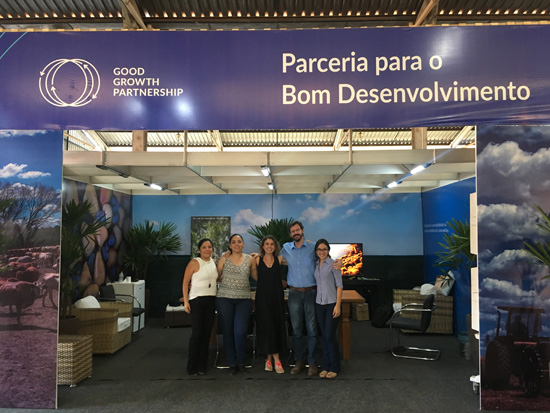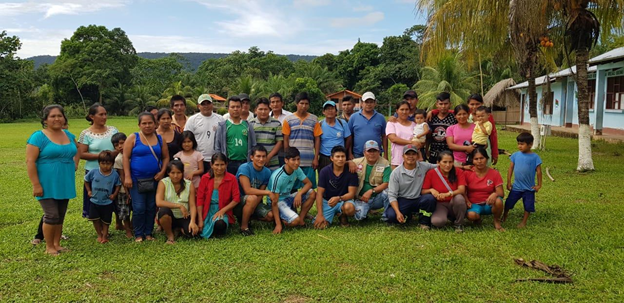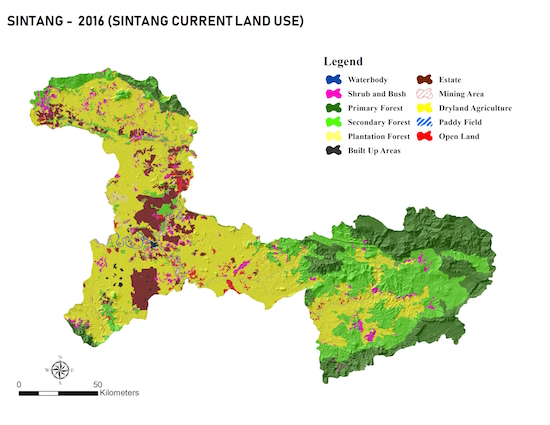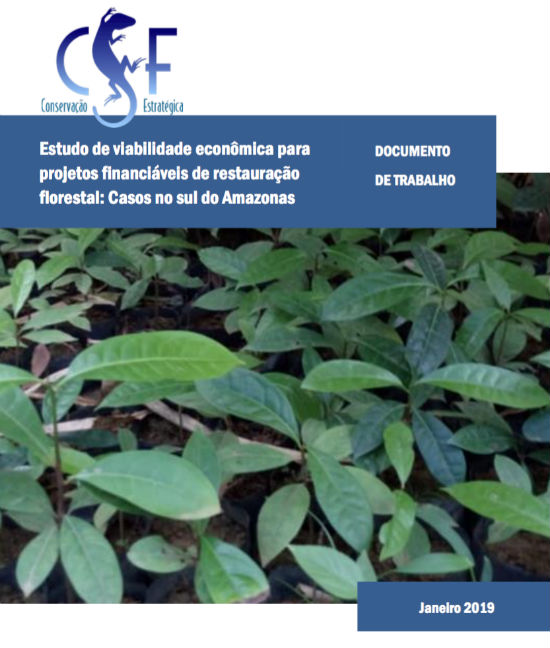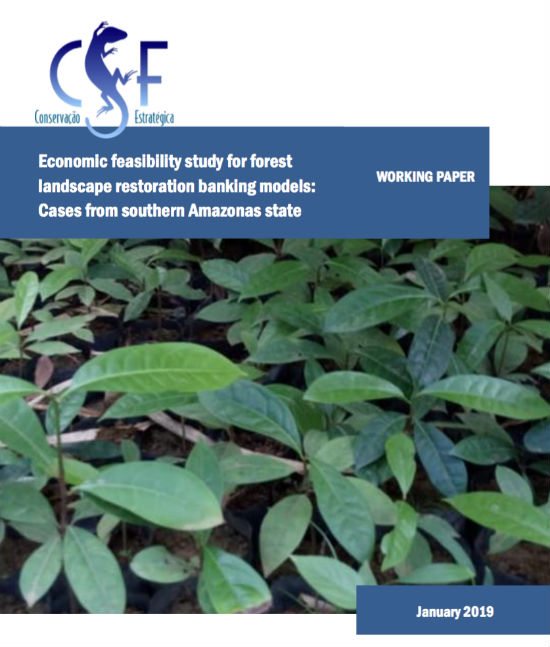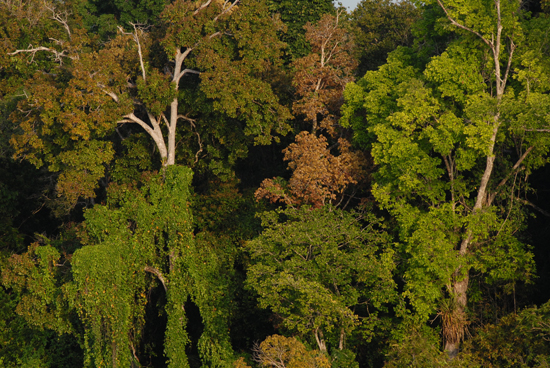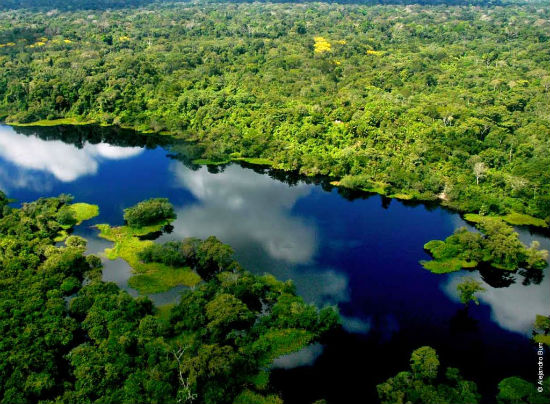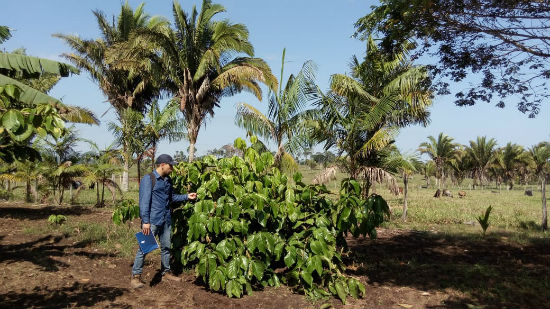News
The project team in front of the project stand at the Agrotins fair. From left to right: Maria Garcia (CI), Iamily Cunha (CI), Camila Jericó-Daminello (CSF), Paulo Seifer (Imaflora) and Karine Barcelos (CI). Photo credit: Anonymous
Workshop participants in the Real Beni community. Photo Credit: Lilian Apaza
Sintang Regency is located in the “Heart of Borneo”, an area of intact forest the size of England and Scotland combined, and home to endangered species including Bornean orangutans, sun bears (Helarctos malayanus), tarsius (Tarsius bancanus), various hornbills and eagles, and other vulnerable species. The more than one million indigenous people living in the forest rely on it for their livelihoods, and millions more depend on the environmental services it provides, like fresh water.
CSF-Brazil conducted a feasibility study of the most promising restoration business models for private investment in southern Amazon (AM) state, Brazil.
We conducted an economic assessment of three restoration models based on agroforestry found in the field: (1) Guaraná; (2) Coffee, cocoa and guaraná; (3) Coffee, cocoa, guaraná, açaí and banana. Feasibility results show that private investors can be attracted by these compelling business cases.
CSF-Brazil conducted a feasibility study of the most promising restoration business models for private investment in southern Amazon (AM) state, Brazil.
We conducted an economic assessment of three restoration models based on agroforestry found in the field: (1) Guaraná; (2) Coffee, cocoa and guaraná; (3) Coffee, cocoa, guaraná, açaí and banana. Feasibility results show that private investors can be attracted by these compelling business cases.
In partnership with the Forest Code Observatory (OCF) and Brazilian State level Environment Agencies, CSF-Brazil has concluded a study on the implementation of Environmental Reserve Quotas (CRAs) in the state of Maranhão (MA), and opportunities in Bahia (BA) and Tocantins (TO). We aim to support MA in the CRAs market implementation and to promote dialogue and experience sharing among MA, BA and TO. The ultimate goal of the study is to promote ecosystem and forest conservation in a more economically efficient and environmentally sound way in the Amazon, Cerrado and Caatinga Brazilian biomes.
Photo credit: Alejandro Burr.
Sea turtle resting in the reefs of Cabo Pulmo National Park. Photo credit: Leonardo Gonzalez/Shutterstock.
Understanding the forest restoration models used.

